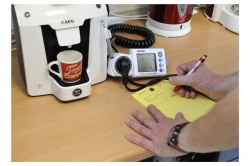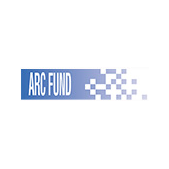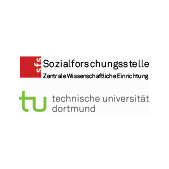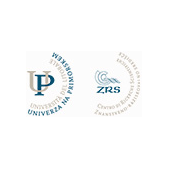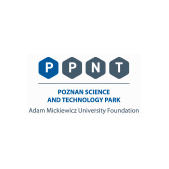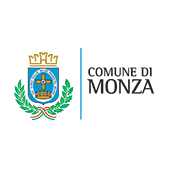This post has been written by Lars Döring
The image rights belong to Caritasverband Dortmund e.V.
The goal of the climate change plan up to 2050 is clearly defined: To limit the greenhouse effect on up to 2° Celsius CO2 emissions have to be reduced by up to 95% (starting from 1990).[1] The most influential factors, namely traffic, industry, and private households, have to be considered for every sector with its own agenda on reducing their emissions. Since private households make up 27% of the final energy consumption in Germany[2], it’s important to address this problem in a thoughtful manner. Based on the climate conference in Paris at the end of 2015, a catalogue of measures regarding the greenhouse effect was set up by the communes and organizations to push the development of a carbon neutral Germany by taking the different sectors into account.[3] But we don’t have to look so far into the future to see that there are already efforts (and results) concerning the reduction of CO2 emissions from private households. A project started by the Caritasverband is not only showing how one can decrease the consumption on energy, heating, and water, but is also providing new jobs at the same time and contribute to the development of greenhouse-gas neutrality. The “Stromspar-Check” project is included in CASIPEDIA as a pilot case (https://www.futuresdiamond.com/casi2020/casipedia/cases/stromsparcheck).
The Stromspar-Check is a free service for low-income and deprived households and has been carried out in Germany over 200.000 times since 2009. In Dortmund alone the Stromspar-Check has helped save 17mio. kg CO2 – resulting in 750kg per household and year.[4] The energy consultants check up on the households during two visits. At the first visit, they gather information about energy, heating, and water consumption of the household. A few weeks later, at the second visit, the households are shown individual saving potentials and are given facilities like energy saving lamps or switchable power sockets with a value of up to 70€.
The energy consultants themselves are former long-term unemployed persons and are trained on the job for more than 100 hours. Due to their former status of being unemployed, the consultants can empathize with the situation of low-income households and draw on their own experiences. But the Stromspar-Check is not only aiming for reducing CO2 emissions and providing new jobs. Emerging from a discussion about lowering electricity costs for households with low-income, the Caritasverband replied creating awareness for potential energy-savings would be far more efficient for reducing the costs of water, energy, and heating.[5] Thus, the households do not only save money and reduce their overall CO2 emissions, they also create an environment in which sustainability is an important part of their lifestyle.
The underlying characteristics of the Stromspar-Check display a type of social innovation which is founded on economic, environmental, and social factors and tries to ensure a change in behavior to meet the needs of the climate change plan for private households. The multifaceted approach can be transferred to other programs regarding the reduction of CO2 emissions and kill two birds with one stone by integrating energy-efficiency as well as a service support to help households point in the right direction.
[1] http://www.oeko.de/en/research-consultancy/issues/energy-and-climate/eu-ets/#c1340
[2] https://www.umweltbundesamt.de/sites/default/files/medien/publikation/long/4343.pdf
[3] http://www.klimaschutzplan2050.de/wp-content/uploads/2015/09/Massnahmenkatalog-3-1-final-Ergaenzungen-Anpassungen1.pdf
[4] http://www.caritasdortmund.de/web/index.php?id=1344
[5] https://www.futuresdiamond.com/casi2020/casipedia/cases/1063
Relevant themes:
Resource efficiency, Climate action
Relevant tags: Social innovation, Sustainability, Sustainable lifestyles

